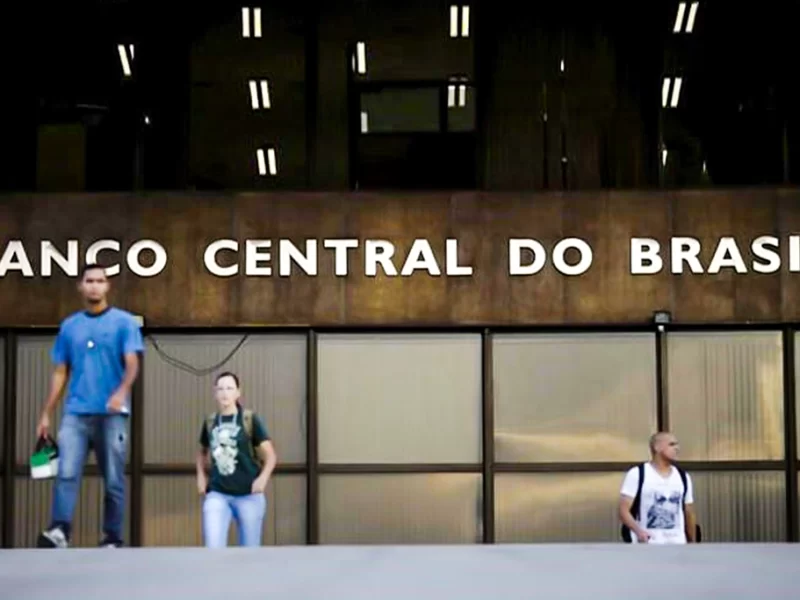Mexico City faces a critical water management crisis, requiring an investment of 250 billion pesos ($12.5 billion) over the next 25 years.
This substantial sum is intended to address water supply and sanitation issues in the metropolis, home to 20% of Mexico’s population. Arturo Jiménez, director of Planning, Systems and Control SA de CV, emphasizes the urgency of this investment.
It suggests exploring new funding paradigms to complement public funding, proposing that suppliers receive trade credit based on specific contracts.
Rehabilitating Mexico City’s water and sewer networks requires immediate attention, with an estimated cost of 40 billion pesos ($2 billion) to control water losses and update systems.
Additional investments include 20.992 billion pesos ($1.05 billion) to increase drinking water coverage. Additionally, 35.323 billion pesos ($1.77 billion) will be allocated for wastewater treatment.


Jiménez advocates the involvement of international financial institutions such as the World Bank and the Inter-American Development Bank in resource mobilization. These entities can offer affordable interest rates on loans to address the city’s water challenges.
Addressing the water crisis in Mexico
On a national scale, Raúl Rodríguez Márquez, president of the Water Advisory Council, states that Mexico needs to invest 320 billion pesos a year. This amounts to about $16 billion in water infrastructure.
However, the current budget is insufficient. For 2024, the National Water Commission has an approved budget of 62.674 billion pesos ($3.13 billion), which represents only 19.6% of the suggested investment.
Juan Pablo Del Conde Guadalajara, associate director of SC Water Engineering and Management, points out a worrying trend in water use.
Urban public use consumes 63 cubic meters of water per second, leading to an overuse of 27 cubic meters per second. To combat this unsustainable situation, Del Conde emphasizes the importance of advancing the reuse of treated water.
This is especially important in water-scarce areas such as the eastern Valley of Mexico. In addition, he notes that people without regular access to water would be willing to use treated and purified water.
As Mexico City faces its water crisis, innovative solutions are essential to ensure its future sustainability. Substantial investment is also needed to ensure the livability of the city.



